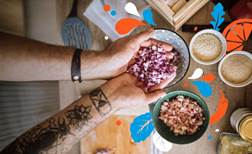
Leading UK charity Diabetes UK is encouraging people to try more healthy, homemade meals after a survey revealed that cooking is one of the most popular lockdown activities in Wales.
New research commissioned by the charity shed light on people’s eating habits throughout the pandemic, as well as finding out what things they are doing to help their mental wellbeing.
Almost a quarter (23.47%) of those surveyed in Wales favoured cooking as a way of supporting their mental health. However, only 14.29% ‘strongly agreed’ when asked if they knew how to cook their favourite takeaway at home.
Diabetes UK is hoping to change that. The charity wants people to discover healthy alternatives by taking part in FakeAway Feb, a new challenge which involves swapping out takeaways, meal deals and other snacks for homecooked meals throughout the month of February. Those taking part get sponsored by friends and family, raising vital funds for people living with diabetes along the way.
A 'fakeaway' can be anything from cooking homemade curry on a Friday night to getting creative with homemade lunches and snacks. Diabetes UK has lots of helpful free online recipes and meal plans so everyone can get involved.
Dai Williams, National Director at Diabetes UK Cymru said: “For lots of people, giving up takeaways, meal deals and snacks will be a big challenge – particularly if they’re not experienced cooks or don’t have much time. But with 2021 under way and the UK in lockdown, FakeAway Feb is the perfect challenge for anyone who wants to start the year by making healthy changes to their diet, building on their cooking skills, and even saving some money.
“We know times have been tough. Diabetes UK understands the value of a ‘treat meal’ and how important supporting the restaurants we love are to the economy. That’s why there is complete flexibility in how you take on the challenge – the idea is to begin making healthier choices and raising vital funds for diabetes research along the way.”
People can join FakeAway Feb at any point during February. Registration is free and there is no minimum sponsorship. Challengers who raise £35 or more will receive a Diabetes UK wooden spoon.
When you sign up, you will receive access to an online community where members can share cooking tips and tricks, as well as download meal planners, find recipes ideas and share progress on your very own profile page.
Sign up to FakeAway Feb here. You can sign up at any stage through the month of February.
The research was conducted by Censuswide, with 2,034 respondents aged 16+ in GB between 22.01.2021 – 25.01.2021, including 98 respondents in Wales. The survey was conducted as Nationally representative for gender, age, and region. Censuswide abide by and employ members of the Market Research Society which is based on the ESOMAR principles.
1. Diabetes UK’s aim is creating a world where diabetes can do no harm. Diabetes is the most devastating and fastest growing health crisis of our time, affecting more people than any other serious health condition in the UK - more than dementia and cancer combined. There is currently no known cure for any type of diabetes. With the right treatment, knowledge and support people living with diabetes can lead a long, full, and healthy life. For more information about diabetes and the charity’s work, visit www.diabetes.org.uk
2. Diabetes is a condition where there is too much glucose in the blood because the body cannot use it properly. If not managed well, both type 1 and type 2 diabetes can lead to devastating complications. Diabetes is one of the leading causes of preventable sight loss in people of working age in the UK and is a major cause of lower limb amputation, kidney failure and stroke.
3. People with type 1 diabetes cannot produce insulin. About 8 per cent of people with diabetes have type 1. No one knows exactly what causes it, but it’s not to do with being overweight and it isn’t currently preventable. It’s the most common type of diabetes in children and young adults, starting suddenly and getting worse quickly. Type 1 diabetes is treated by daily insulin doses – taken either by injections or via an insulin pump. It is also recommended to follow a healthy diet and take regular physical activity.
4. People with type 2 diabetes don’t produce enough insulin or the insulin they produce doesn’t work properly (known as insulin resistance). Around 90 per cent of people with diabetes have type 2. They might get type 2 diabetes because of their family history, age and ethnic background puts them at increased risk. They are also more likely to get type 2 diabetes if they are overweight. It starts gradually, usually later in life, and it can be years before they realise they have it. Type 2 diabetes is treated with a healthy diet and increased physical activity. In addition, tablets and/or insulin can be required.
5. About 2 per cent of people have other types of diabetes. Other types include 11 different forms of monogenic diabetes, cystic fibrosis related diabetes and diabetes caused by rare syndromes. Certain medication such as steroids and antipsychotics, surgery or hormonal imbalances could also lead to other types of diabetes.


 UPDATE FROM BLUES BOSS CALUM MCINTYRE
UPDATE FROM BLUES BOSS CALUM MCINTYRE
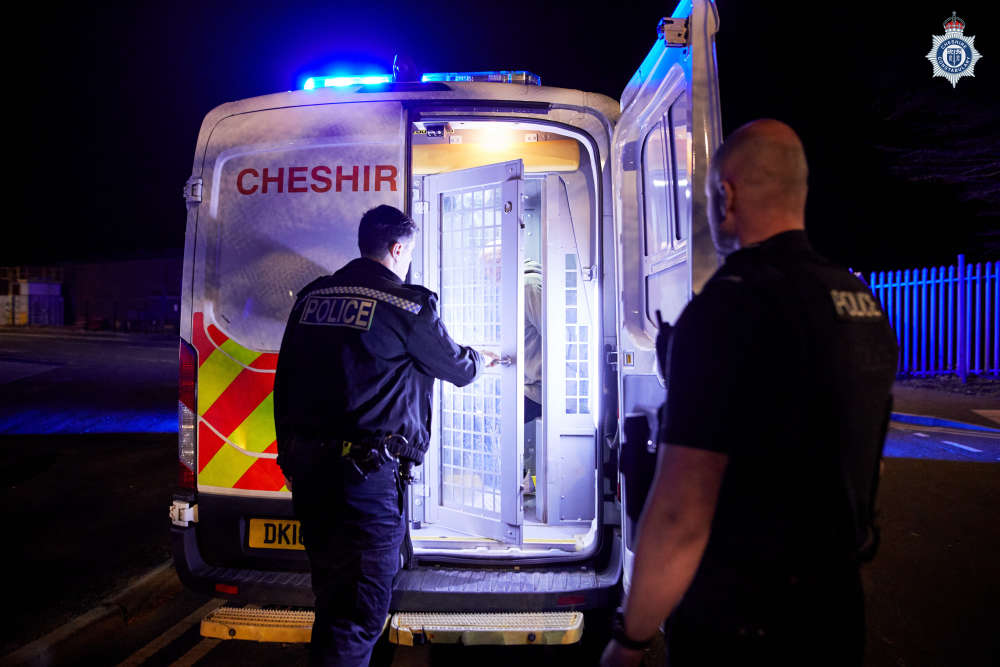 Latest figures show crime in Cheshire continues to fall
Latest figures show crime in Cheshire continues to fall
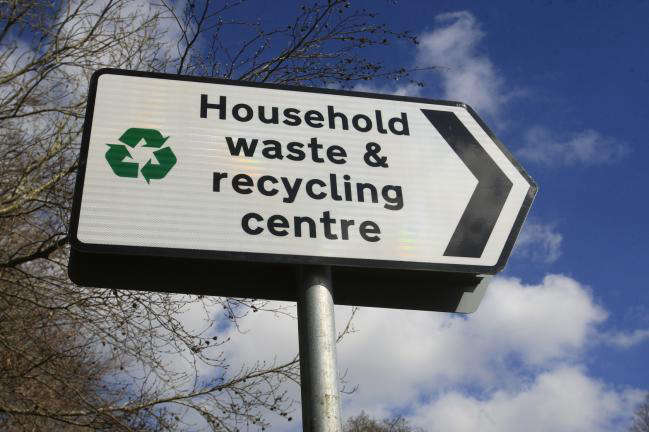 Revised opening days at Flintshire Household Recycling Centres
Revised opening days at Flintshire Household Recycling Centres
 Funding secured for North East Wales Archive
Funding secured for North East Wales Archive
 Fearless fundraisers are about to take on their biggest ever feat for a children’s charity
Fearless fundraisers are about to take on their biggest ever feat for a children’s charity
 North West rail improvements planned this May Bank Holiday
North West rail improvements planned this May Bank Holiday
 Cheshire firefighters to deliver vital vehicles and equipment for Ukrainian firefighters
Cheshire firefighters to deliver vital vehicles and equipment for Ukrainian firefighters
 Chester and Wirral Football League - Weekend Round Up
Chester and Wirral Football League - Weekend Round Up
 Four weeks to go to Council’s first electric vehicle awareness event
Four weeks to go to Council’s first electric vehicle awareness event
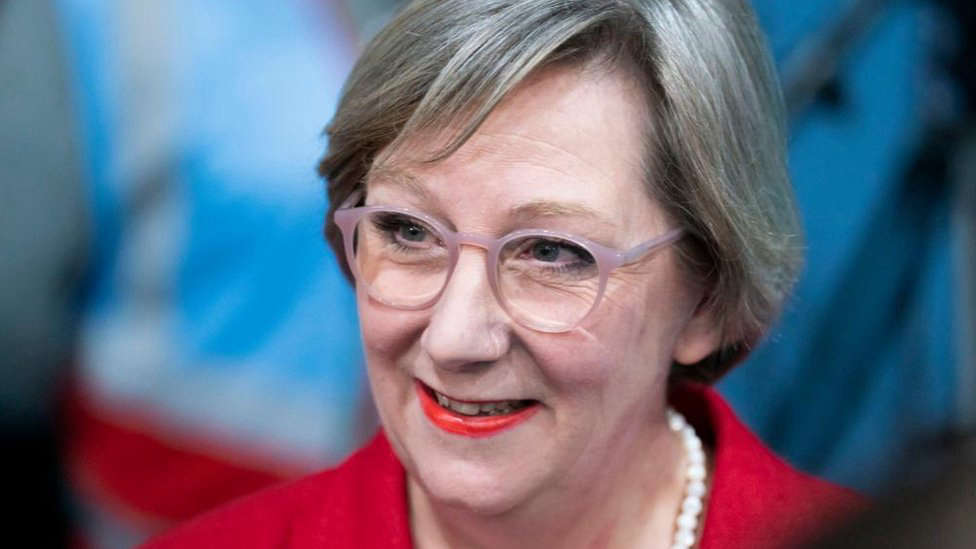 Chester shopping scene ranked in the top 10 best shopping destinations in the country
Chester shopping scene ranked in the top 10 best shopping destinations in the country
 Appeal for information following Chester car thefts
Appeal for information following Chester car thefts
 Police appeal to trace wanted man from Flintshire
Police appeal to trace wanted man from Flintshire
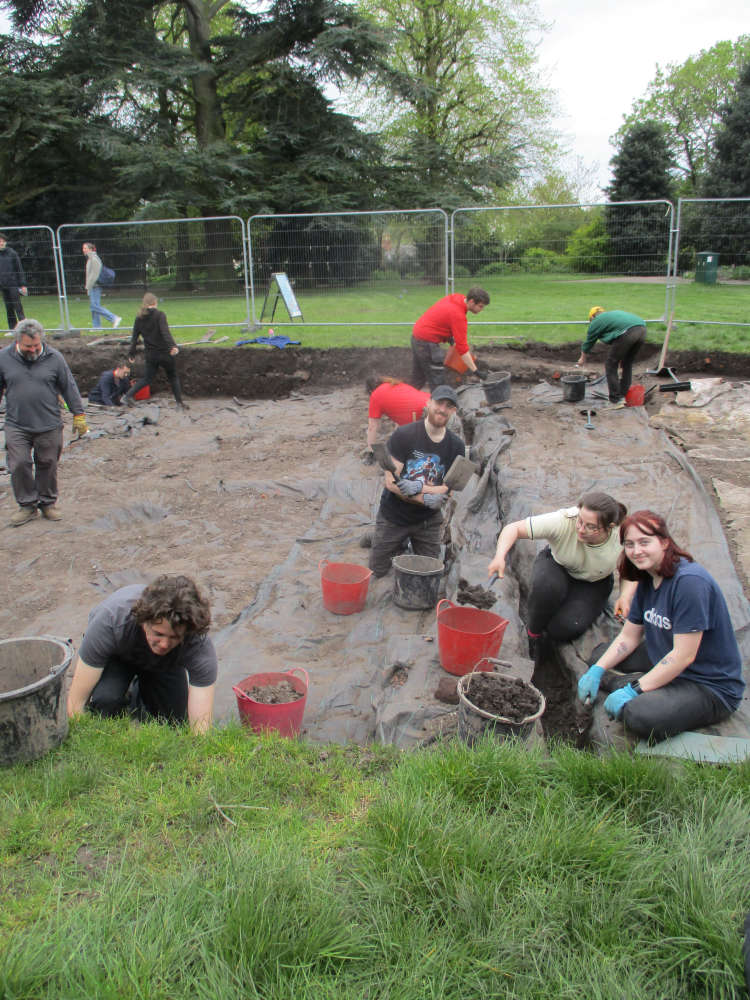 The Grosvenor Park dig is back
The Grosvenor Park dig is back
 Cheshire Constabulary dispels myth on ‘typical’ stalker
Cheshire Constabulary dispels myth on ‘typical’ stalker
 North Wales Police - Recruitment Open Day
North Wales Police - Recruitment Open Day
 Calling all Flintshire Tradespeople
Calling all Flintshire Tradespeople
 MATCH REPORT - CHESTER FC 0 - 0 DARLINGTON
MATCH REPORT - CHESTER FC 0 - 0 DARLINGTON
 MATCH PREVIEW - CHESTER FC v DARLINGTON
MATCH PREVIEW - CHESTER FC v DARLINGTON
 CHESTER FC STATEMENT
CHESTER FC STATEMENT
 MATCH REPORT: ELLESMERE PORT TOWN 3 - 4 CHESTER WOMEN
MATCH REPORT: ELLESMERE PORT TOWN 3 - 4 CHESTER WOMEN